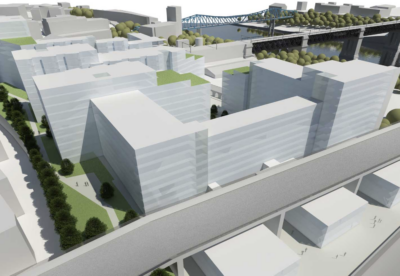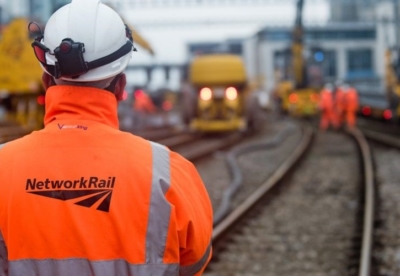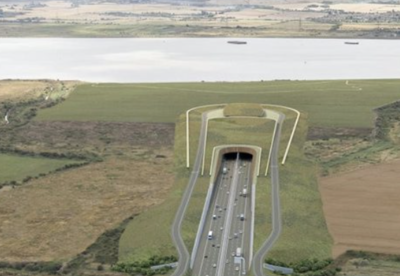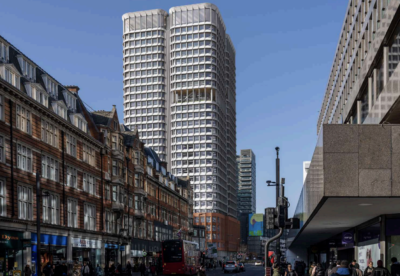New work fell 2.8% from September to October while repair and maintenance remained unchanged.
At the sector level, the main contributors to the decline in monthly output were infrastructure and private new housing, which decreased 7.1% and 4.4% respectively.
These falls were partially offset by increases in private industrial and public other new work of 9% and 7% respectively.
Anecdotal evidence suggests that product shortages caused by supply chain issues leading to subsequent price rises in raw materials such as steel, concrete, timber and glass, were an important reason for the decline.
The latest fall meant the level of construction output in October remained 2.8% below the February 2020, pre-coronavirus level.
Mark Robinson, group chief executive at procurement body SCAPE said: “October witnessed the peak of the fuel crisis, port delays and a shortage of HGV drivers.
“The impact these have had on existing supply challenges, combined with ongoing labour shortages, mean that it’s no surprise that output has taken a knock.
“A potential new wave of Omicron cases and the introduction of restrictions to curb it – on top of ongoing concerns around inflation – mean that 2022 is also likely to be characterised by challenges.
“Allowed to go unchecked, these developments will only exacerbate existing labour and supply shortages, which will significantly dampen the sector’s ability to pursue further growth and continue supporting the UK’s economic recovery.”

















 MPU 300_250px.gif)





































.gif)

